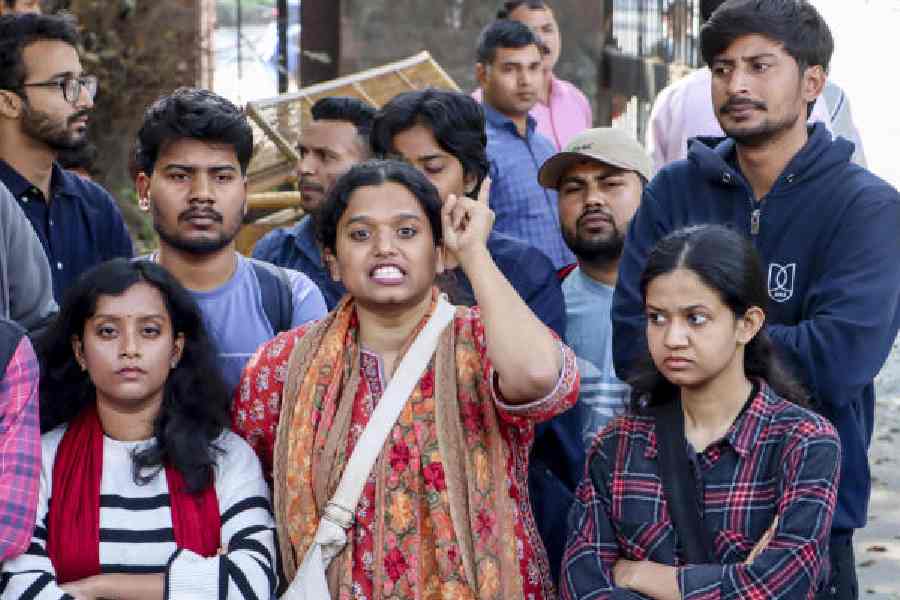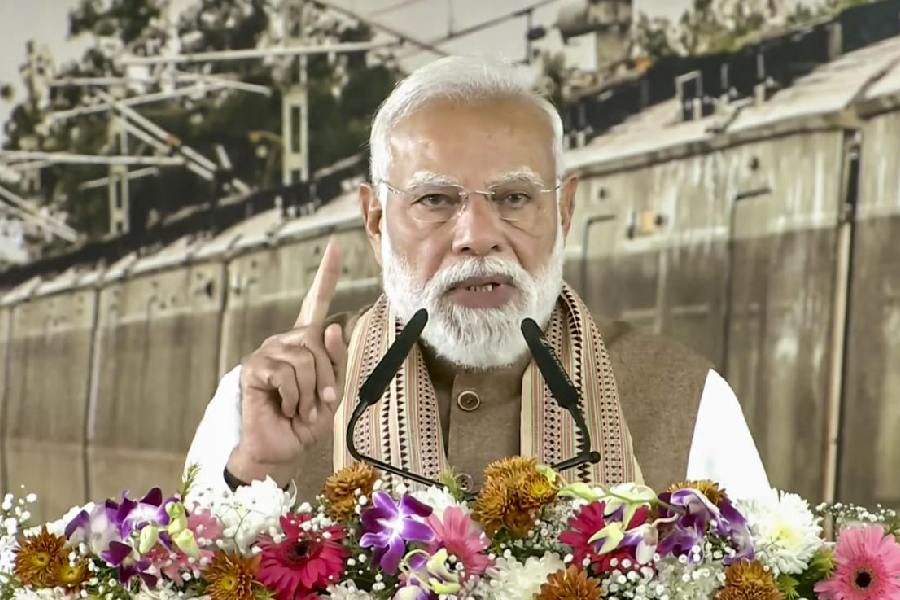Calcutta: The International Cricket Council’s Executive Board has confirmed a constitutional amendment that will alter the role of its president and create a new post of a Board chairman. The amendment, expected to be ratified at the ICC’s annual conference in Kuala Lumpur in June, will convert the presidency of cricket’s governing body into a rotational one-year term from 2014, during which time the post of vice-president will cease to exist.
The chairman, who will now head the Executive Board, will be the boss.
The Executive Board voted to split the role of the president and the chairman, as recommended by the contentious independent governance review headed by Lord Woolf, from 2014 onwards.
“Following a Board resolution agreed at the last meeting, the directors confirmed the necessary amendments to the constitution to split the role of the ICC president and chairman of the Board,” the ICC said in a statement.
“The amended Articles will now be placed before the ICC annual conference in Kuala Lumpur at the end of June for consideration and approval,” it added.
“Having considered several options to deal constructively with the Woolf Report, the ICC Board agreed that, in the first instance, there was a real need for further discussion among the directors and members in an effort to build consensus.
“In addition to already agreeing the split to the president/chairman’s role and creating targeted funding for members in line with the Woolf recommendations, the directors were keen to begin discussion among themselves to develop a clearer understanding of the role of the ICC.”
Once the recommendations are implemented, the role of the ICC president will be reformed after the annual conference in 2014 to separate the position of the chairman of the Board from that of the ICC president.
“Until then, the current roles for the ICC president and vice-president will remain, after which the vice-presidency will cease to exist and a new chairman of the Board post created,” the ICC stated.
The term of office for the new ceremonial role for the president will be one year and will rotate, as it currently does, among the members. The president will not be a voting member of the Board.
The chairman, who will be appointed by the Board for a maximum of six years (three two-year terms) will also be non-voting.
“Until the president’s role has been confirmed, the joint nomination of the Bangladesh Cricket Board and Pakistan Cricket Board for the role of vice-president 2012-14 was deferred until the amended Articles have been considered by ICC annual conference,” the governing body said.
The nomination of Bangladesh’s Mustafa Kamal as the joint candidate for the vice-president’s post, to succeed Sir Alan Isaac in 2014, has thus been deferred until the ICC’s annual conference.
The Executive Board also decided to increase the number of teams in the biennial World Twenty20 Championships from 12 to 16 for the editions commencing 2014.
“The event should remain a joint men’s and women’s event,” the ICC said.
“Three additional Twenty20 Internationals may be played in the year in which the ICC World Twenty20 is being staged provided there is a corresponding reduction in the maximum number of permitted ODIs .”
The Board confirmed the hosting for the ICC World Twenty20 2014 qualifying tournament in the United Arab Emirates in October 2013 and the ICC Cricket World Cup 2015 qualifying event in New Zealand in 2014.
The following are the other decisions:
The nominations committee has shortlisted four candidates who will be interviewed to replace outgoing ICC CEO Haroon Lorgat, who vacates his position at the end of the annual conference in June 2012.
Clive Lloyd, whose term as chairman of the Cricket Committee had recently expired, will be requested to continue until the ICC annual conference in June.
Former Indian captain Ravi Shastri has been re-appointed for a second three-year term representing the media in the Chief Executives’ Committee.











